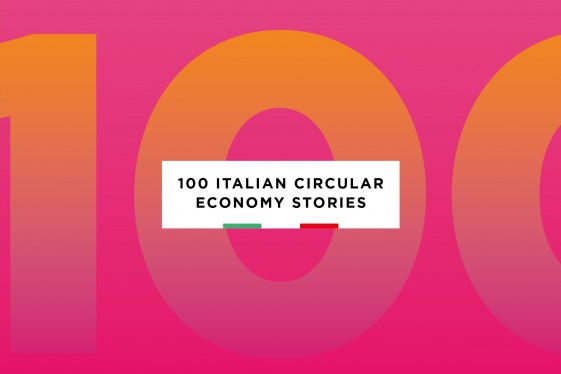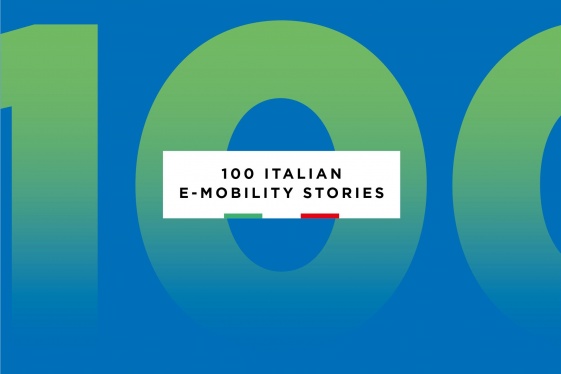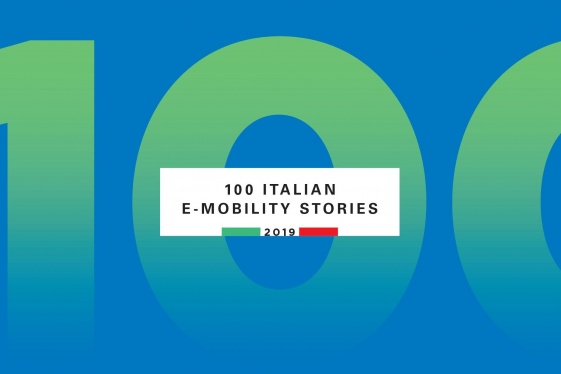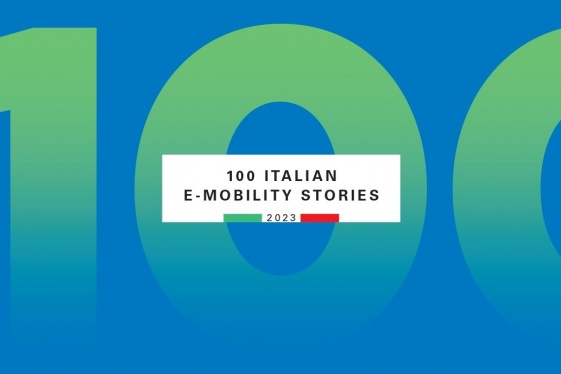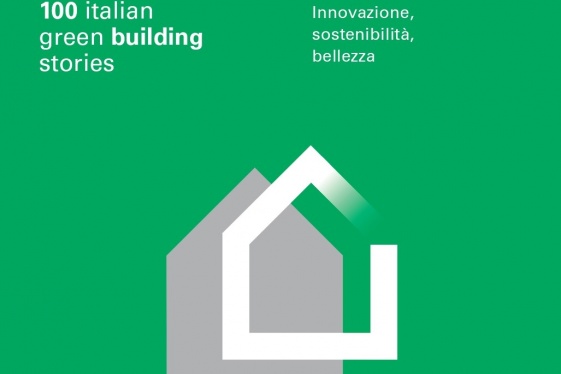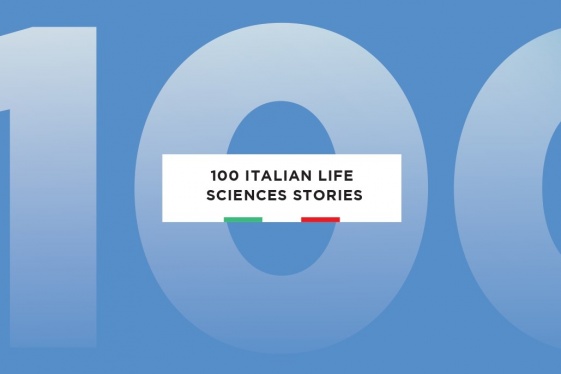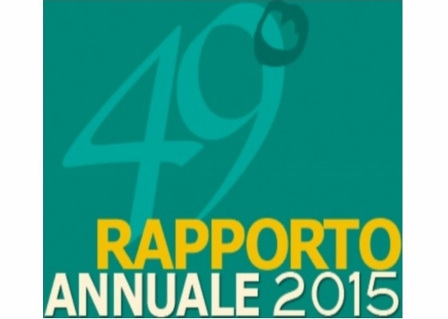

WTI Magazine #74 2015 December 11
Author : Censis Translation by:
Censis (Centro Studi Investimenti Sociali) has been producing for fifty years a constant and articulated research, advice and technical assistance in the socio-economic development. This business has developed over the years through the implementation of studies on the social, economic and territorial development, intervention programs and cultural initiatives in the vital areas of the Italian society: education, work and representation, welfare and health care, the territory and the nets, economic actors, media and communication, public governance, security and citizenship. The annual "Report on the social situation of the country", yearly prepared by Censis since 1967, is considered the most qualified and complete tool for the interpretation of the Italian society.
A collective existential lethargy and the victory of the chronicle news section
These days in Italy there is a dangerous poverty of systemic interpretation, of future planning, of medium-term programmatic forecasting. Opinions set in motion by what happens day by day are prevailing. It is the victory of the mere reporting of the news, which injects the virus of disconnection into the daily life. This can be seen in the structural dislocation of our system. The social composition is made of an ancient and ever more intense molecularity: the winners are the special interest, subjectivism, individual selfishness while collective values and a unity of interests aren't maturing. So, inequalities grow, with a fall of social cohesion and of the intermediate structures of representation that have guaranteed it in the past. This corresponds to a deep anthropological weakness, a collective existential lethargy, where the subjects (individuals, families, companies) are in a fenced secure but inertial mode. In summary, the result is a society with a low consistency and low self-propulsion: a sort of "Italic limbo" made of halftones, half classes, half parties, half ideas and half people.
The revival of the primacy of politics
This year, however, there was a generous commitment to reviving the economic and social dynamic of the country through the revival of the primacy of politics, with a large set of reforms, and the deployment of actions aimed at encouraging entrepreneurial propensity and collective involvement. And there was a research of a consensus of opinion on policies already initiated, to trigger in the community a mobilizing propulsion towards change, a rediscovery of optimism and a reputational recovery. However, this engagement has a hard time in fomenting in the society a chemical reaction, a collective investment, the necessary interplay between politics and social life worlds. Today, the element in the deepest crisis is the socio-political dialectic: it cannot think of a general plan of development of the country starting from the basic real social processes and expresses a lack of elite. Thus, the collective culture ends up caught in the news (scandals, corruptions, etc.).
What remains beyond mere chronicle news and the voluntarism of politics? The processes of real development of the country. This development is made up of historical basis, inventiveness and winning processes. The Italian society starts its progress by enhancing our long-term history: the "conventional wisdom" that made us always choose well in the crucial moments of our evolution, the decent development model created since the 70s, a polyhedral social composition (away from the patterns of economic or social classes), an under the counter force of economic and social behavior (from savings to individual work), a not blurred territoriality, a continued loyalty in the primacy of diversity (of opinions and behaviors).
Second, Italy goes on by expressing a good amount of invention: our society is able to innovate in a continuous succession of processes and soft powers; manages reality through a continued empiricism with a big ability in self-regulation; expresses strong tension in a socio-political organization of a stratified type; needs to free individual energies bureaucracies and unifying procedures. Thus, the indifference of the socio-political debate, we see the building of a development made by historical basis, inventiveness and spontaneity of the winning processes.
An example of this is made by young people who go abroad to work or open a start-up; families that increase their wealth and gain an income out of it (with the huge increase, for example, of the bed and breakfast structures); businesses investing in continued innovation and in the green economy; territories which become hubs of relatedness (the Milan of Expo as well as the small cities and even the tourist villages); the peaceful integration of foreigners in our daily lives.
This is accompanied by an even more structured evolution, with the new Made in Italy that is forming in the interweaving between culinary success and gourmet food chain; in the increasing integration between agriculture and tourism (with the implicit role of the natural and cultural heritage ); in the industrial field of "machines that make machines" (the real cutting edge of Italian manufacture).
The society of "the remnant"
In the earlier stages of development, the question of social recognition was directed to the world of social representation, to the socio-political dialectics and to state power. But today these are not the right calls, because all three realities are in deep crisis. And because the society now seems unwilling to speak as a subject of question. It expresses itself, instead, in the spontaneous dynamic described above, yet considered as a residual: a "remnant", in comparison to the big themes described by the mass communication. But the "remnant", which has not yet entered in the chronicle and in the socio-political debate, begins to assert its self-consistency. In the tectonic movements that lead us forward, "the remnant wins": that which does not access to the stage and to the lights of visibility. It is from the "great remnant" that the re-appropriation of our collective identity can restart.
"The remnant has marked the history of the Italian development of the last fifty years, which is also the history of Censis who described it. What does remain today of the great globalization process seen as westernization of the world? The polycentrism of many different developments and the difficult growth of a polyarchy, "said Giuseppe De Rita, President of Censis, illustrating the annual report of the institute. "In our story, the remnant of the myth of big business and of the frontiers was the under the counter economy and the development of self-employment. The remnant of the myth of the complex organization and of Fordism was the small business and the molecular professionalization. The remnant of the class struggle in the big factories has been the long drift of middle class. The remnant of the attention to the hegemony of the ruling class was the multiplication of the intermediate actors and the culture of the accompaniment. The remnant of the primacy of the metropolis was the localism of districts and villages. The remnant of the carefree season of consumption is the wisdom of the sober consumer. The remnant of the long season of the primacy of ideology is today the continued empiricism of an evolving society. And the processes of real development of the country here described are the remnant of the many discussions that took place in the last days about war. "
You may be interested
-
Italian report: 10 Selfies to show why Italy...
WTI Magazine #51 2015 January, 9Author : Umberto Mucci Translation by: Fond...
-
Italian report: 100 Italian Circular Economie...
Environmental challenges point to new opportunities that, thanks also to Italian manufactu...
-
Italian report: 100 Italian circular economy...
There is nothing new about the idea of a circular approach in the use of resources. Circul...
-
Italian report: 100 Italian E-Mobility Storie...
Mobility is entering a new era, one which is more sustainable and efficient. Electricity s...
-
Italian report: 100 Italian E-mobility Storie...
Casino Royale is the name of the film that in 1953 brought to the screen the character cre...
-
Italian report: 100 Italian e-mobility storie...
Nearly 20 million passenger electric vehicles, 1.3 million electric commercial vehicles, a...
-
Italian report: 100 Italian green building st...
“The lesson the pandemic has offered us cannot make us go back to square one. That would b...
-
Italian report: 100 Italian Life Sciences Sto...
Since last year the world hasn’t been the same. The pandemic has changed our lives and has...




